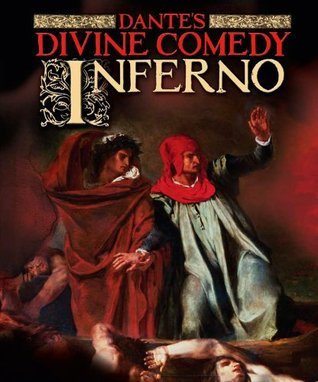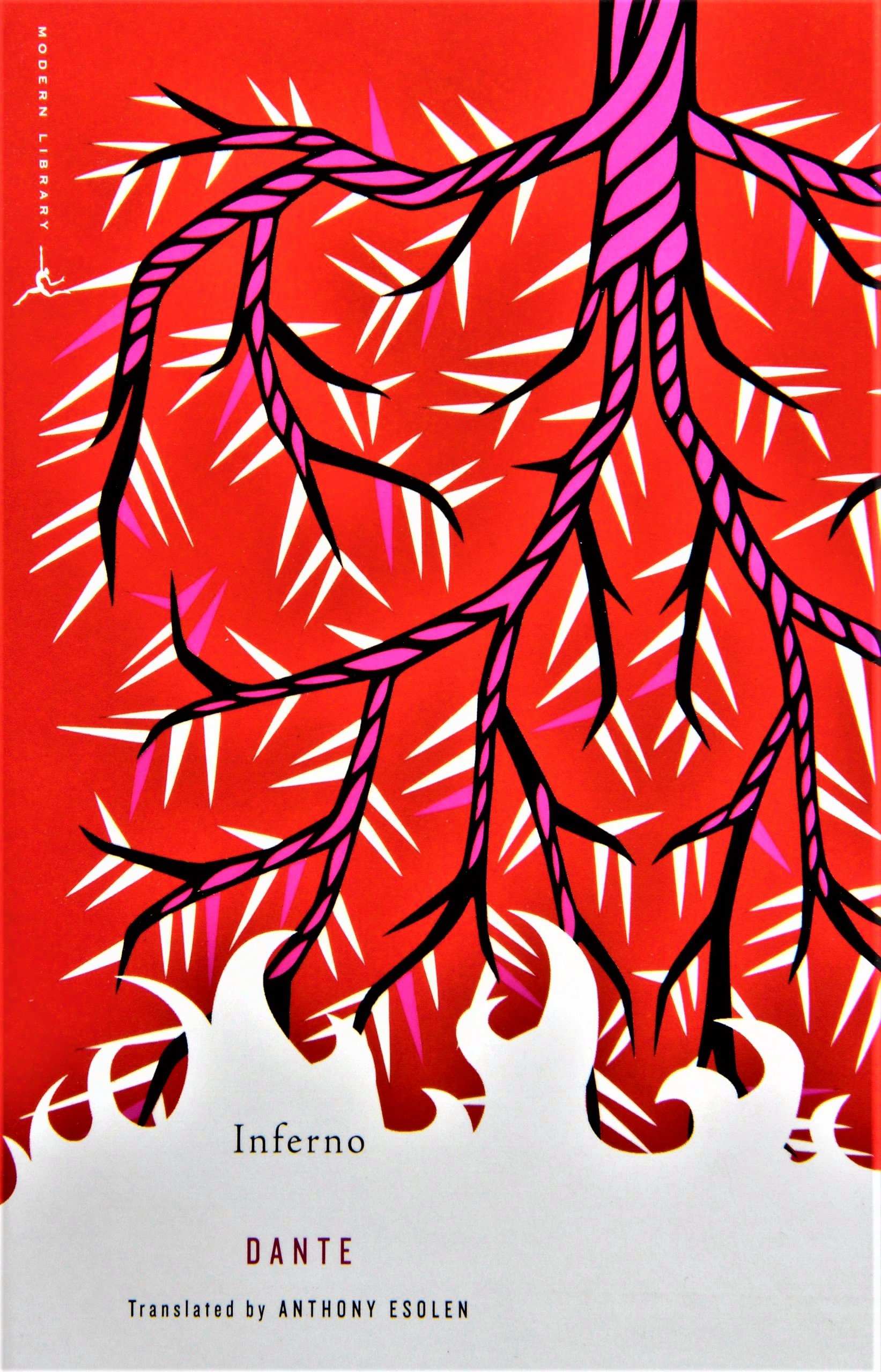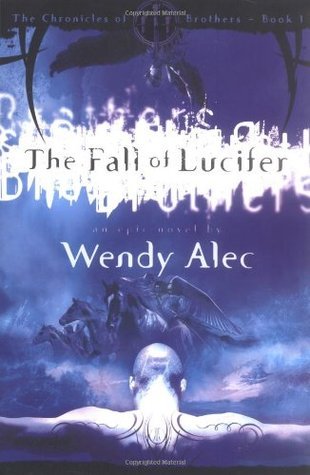
Paradise Lost
Book Description
Heaven and Hell collide in a breathtaking epic that reshapes destiny itself. Witness the fierce battle between divine forces and a vengeful, charismatic fallen angel. As innocence is shattered and temptation looms, the fate of mankind hangs in the balance. Love, betrayal, and rebellion intertwine in a dramatic saga that questions free will and the nature of good and evil. With stunning imagery and profound insight, this celestial conflict unfolds in a world where hope flickers against despair. Will redemption prevail, or will darkness consume everything?
Quick Book Summary
"Paradise Lost" by John Milton is an epic poem that tells the story of the Fall of Man, exploring themes of temptation, free will, and redemption. The narrative centers on Satan, who, after being cast out of Heaven for rebelling against God, embarks on a quest to corrupt God’s new creation: humankind. He infiltrates Paradise and tempts Eve to eat the forbidden fruit, leading to Adam’s fall as well. The poem examines the motives, struggles, and emotions of angels, demons, and humans alike, probing the complexities of good and evil. Through grand and evocative verse, Milton not only recounts this biblical tale but also delves deeply into philosophical questions of obedience, ambition, and the nature of divine justice.
Summary of Key Ideas
Table of Contents
The Nature of Good and Evil
The poem opens with Satan and his fellow fallen angels arriving in Hell after their failed rebellion against God. Cast out from Heaven, Satan rallies his legions, determined to continue his defiance. Despair gives way to resolve as Satan vows to corrupt God’s new creation, humankind, in an effort to exact revenge. The infernal council in Pandemonium debates the next move, and Satan volunteers to undertake the perilous journey to Eden, slipping past cosmic guards and plotting his insidious plan.
Free Will and Predestination
Upon entering Paradise, Satan assumes the form of a serpent to exploit human innocence. Adam and Eve, living in bliss, are nevertheless warned by God’s angels of the lurking danger and the importance of their obedience. Despite these warnings, Eve is beguiled by Satan’s cunning arguments and eats the fruit from the Tree of Knowledge, later convincing Adam to do the same. Their disobedience results in a deep spiritual transformation, introducing guilt, shame, and mortality into the previously perfect Garden.
The Power of Temptation
The aftermath of this original sin sets in motion profound cosmic consequences. The angels mourn, and God foretells humanity’s hardship but also hints at eventual redemption. Adam and Eve experience intense regret, strife, and alienation from one another, yet also gain a deeper self-awareness. Their sorrow is met with comfort from the angel Michael, who reveals the future history of humankind—full of suffering, but with a glimmer of hope for salvation through a promised redeemer.
The Consequences of Rebellion
Throughout the poem, Milton deftly explores the philosophical dilemmas of free will, predestination, and moral responsibility. Satan emerges as a tragic, complex figure—charismatic yet deeply flawed, embodying the seductive allure of pride and ambition. Adam and Eve’s journey is portrayed not just as a fall, but as a passage from innocence to experience, underscoring the cost of freedom and the nature of true repentance. The narrative challenges readers to reflect on the nature of obedience, justice, and the workings of divine grace.
Redemption and Hope
In the closing moments, Adam and Eve are cast out of Paradise but not left without hope. Guided by the promise of eventual redemption, they embark into the wider world together, hand in hand. The poem concludes with a vision not of despair, but of perseverance and faith. Through its rich language, evocative imagery, and profound meditations, "Paradise Lost" stands as a timeless exploration of theological and existential questions that continue to resonate with readers.
Download This Summary
Get a free PDF of this summary instantly — no email required.





